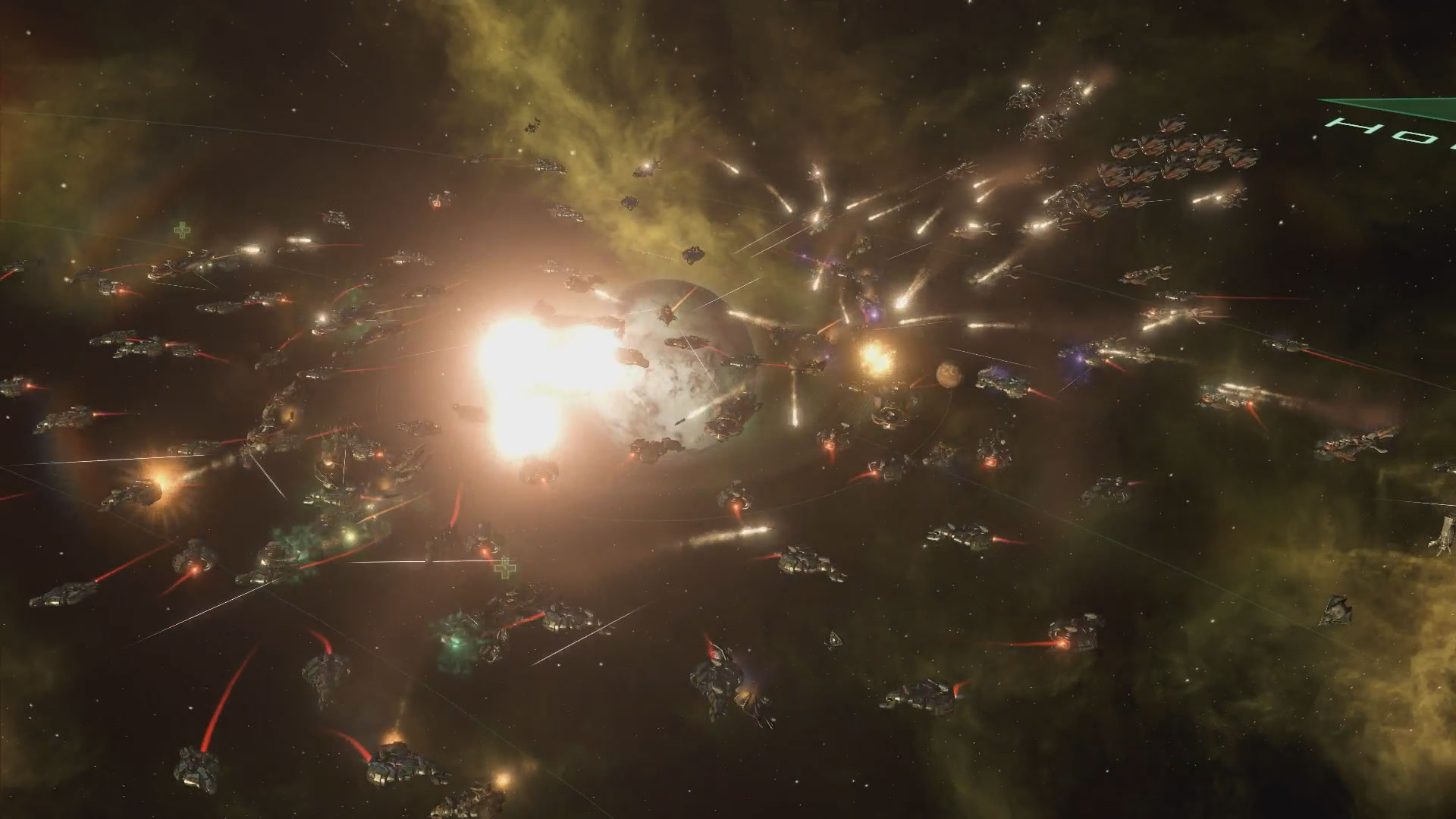Next Stellaris update will overhaul anomalies and add multi-star systems
Anomalies might take longer to investigate, but you won't be able to fail them.

Stellaris, which we chose as one of the best strategy games on PC earlier this month, will overhaul the way that anomalies work in an upcoming update and introduce multi-star systems for the first time, developer Paradox Interactive has announced. The 2.1 update, called Niven, will remove the chance of failure when researching anomalies, which are points of interests on planets that can grant bonuses when investigated.
At the moment, researching anomalies has a chance to fail based on the skill level of your scientists, but Paradox says that the system adds "little to the game in terms of interesting choices", and simply encourages players to put off researching anomalies until later. After the Niven update, researching anomalies will always be successful, but the time it takes to investigate them will be heavily dependent on the level of your scientist relative to the anomaly level.
"Researching a level 2 anomaly with a level 2 scientist will be a comparatively quick affair, while attempting a level 10 anomaly with the same scientist can take a very, very long time, and might mean that it is better to return to it later with a more skilled scientist, so not to hold up your early exploration," the developer said in a forum post.
The update will also change the way the game generates the Hyperlane, the network that connects stars and systems. Rather than simply connect places together, the reworked Hyperlane will concentrate around "clusters" of stars that will be heavily interconnected by thinner space highways, which will act as natural chokepoints. "These chokepoints are also registered as such by the game, allowing us to find actual chokepoint systems and avoid placing Leviathans and other powerful space monsters there, as well as improving the AI's ability to detect suitable spots for defensive starbases."
Lastly, Paradox is adding lots of new star and system types to the game, including multi-star systems. Some systems will have two or three stars, and will often contain more resources and planets than single-star systems. After the update, some systems will generate multiple asteroid belts, and the game will have "new unique systems to find with large amounts of resources in them, guarded by powerful space creatures".
Update 2.1 currently has no release date.
The biggest gaming news, reviews and hardware deals
Keep up to date with the most important stories and the best deals, as picked by the PC Gamer team.
Samuel Horti is a long-time freelance writer for PC Gamer based in the UK, who loves RPGs and making long lists of games he'll never have time to play.


